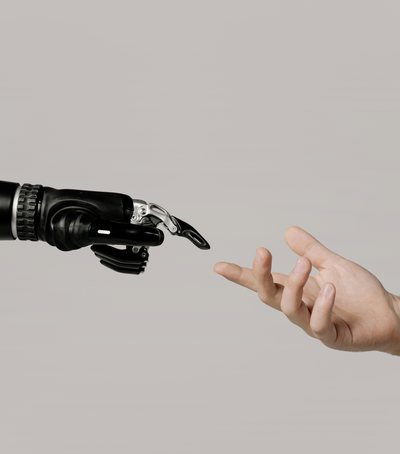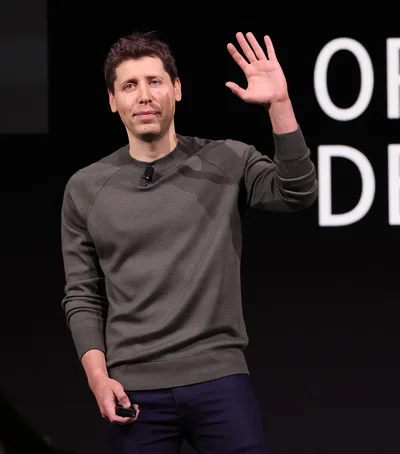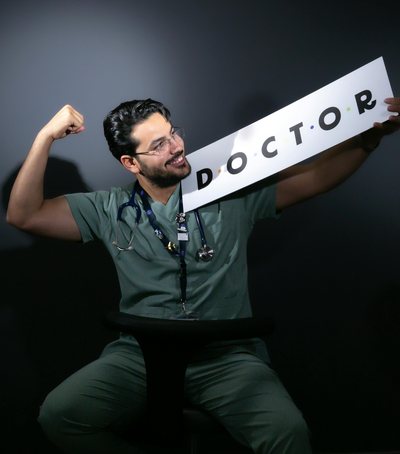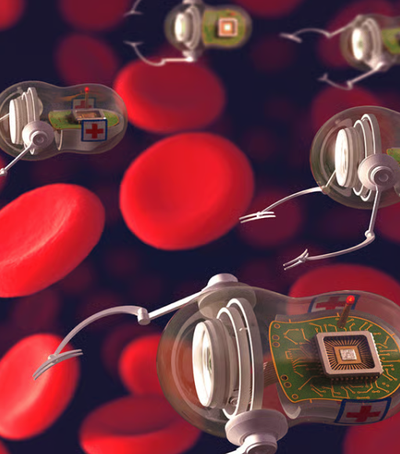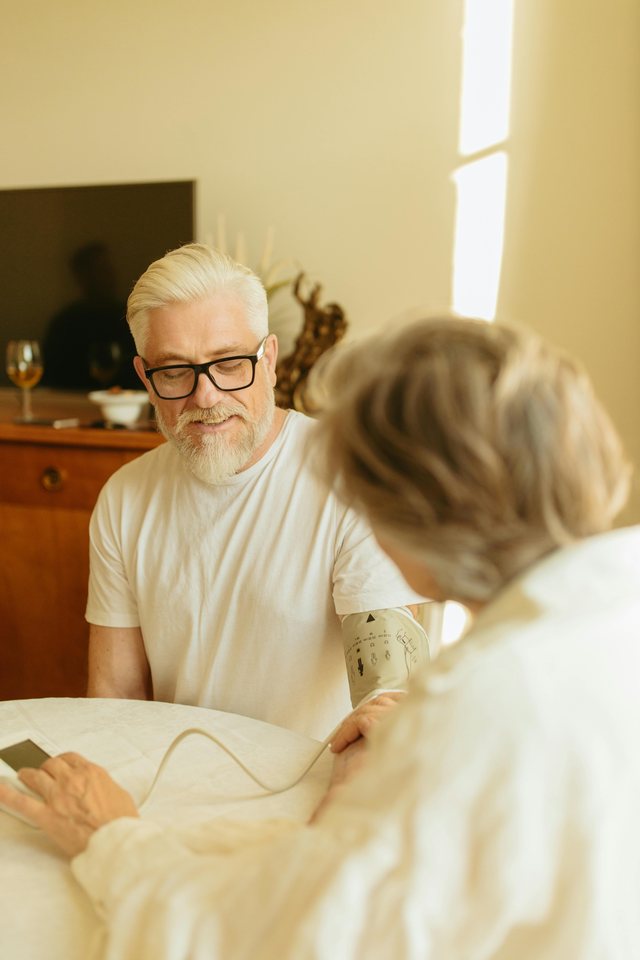
Healthcare is changing at a speed that seemed impossible until yesterday. Thanks to artificial intelligence and advanced technologies, medicine is entering our homes – no longer through health advice books, but through smart devices that can know our bodies better than we do.
Medicine in the palm of your hand
From smartwatches that measure heart rate and analyze sleep quality, to digital stethoscopes that record lung sounds and automatically send them for analysis, technology is moving diagnostics from the clinic to the home. Some new devices use advanced sensors and AI algorithms to predict arrhythmias, measure blood oxygen levels, or analyze breathing for early signs of disease.
Artificial intelligence as the silent "doctor"
What once required a series of laboratory tests can now be detected through a small device that collects, compares, and interprets data in real time. Artificial intelligence has become a partner for doctors, helping to catch abnormalities that the human eye might miss. These systems continuously learn from millions of similar cases, improving the accuracy of each diagnosis.
From prevention to personalization
The biggest innovation this technology brings is not just early detection of diseases, but prevention. Smart devices don't wait for the body to send alarm signals; they monitor it every day, alerting us to small changes that can become big. This paves the way for more personalized medicine, where healthcare is tailored to the rhythms and needs of each individual.
Essentially, we are living in an era where medicine is no longer just about healing, but about preventing, understanding, and helping – in time, at home, in silence. And perhaps, this is the most beautiful way in which technology is approaching humanity: by making care for life part of our daily lives.
Photo by Yaroslav Shuraev: https://www.pexels.com/photo/gray-haired-person-checking-the-man-s-blood-pressure-8088857/

